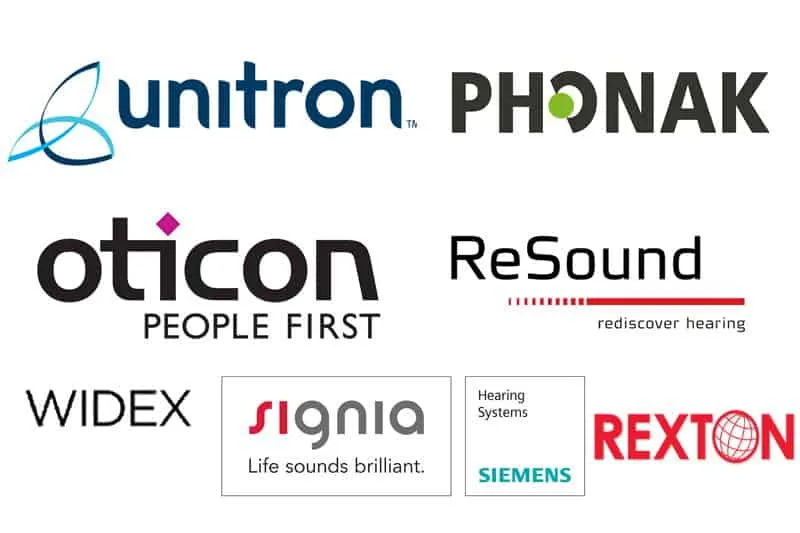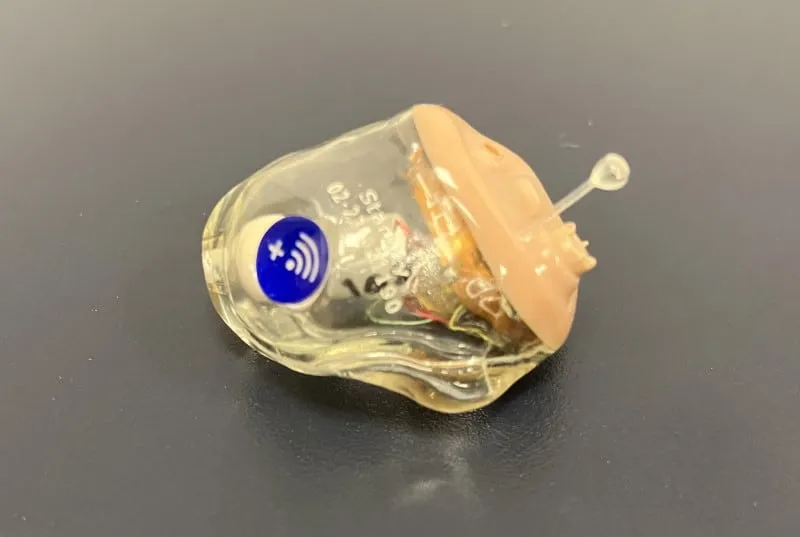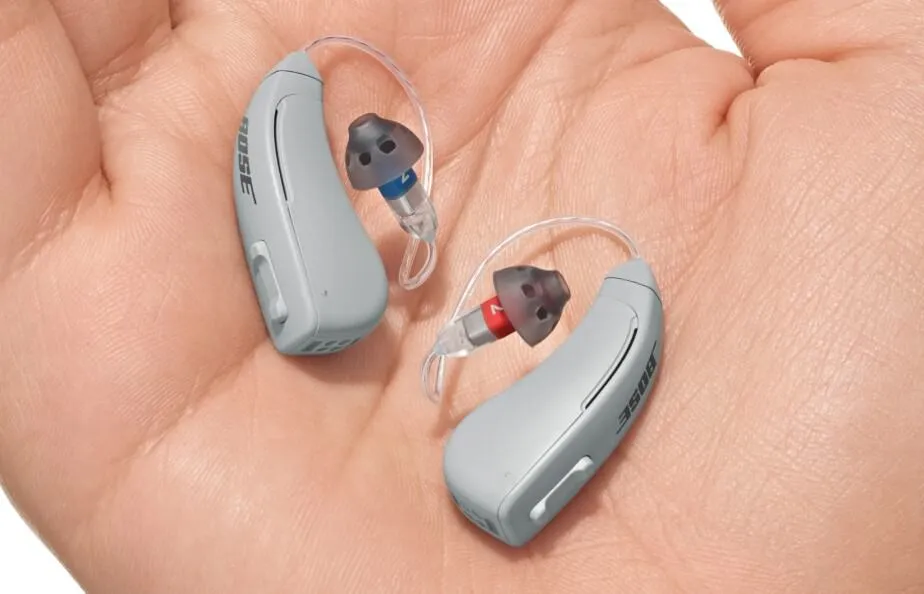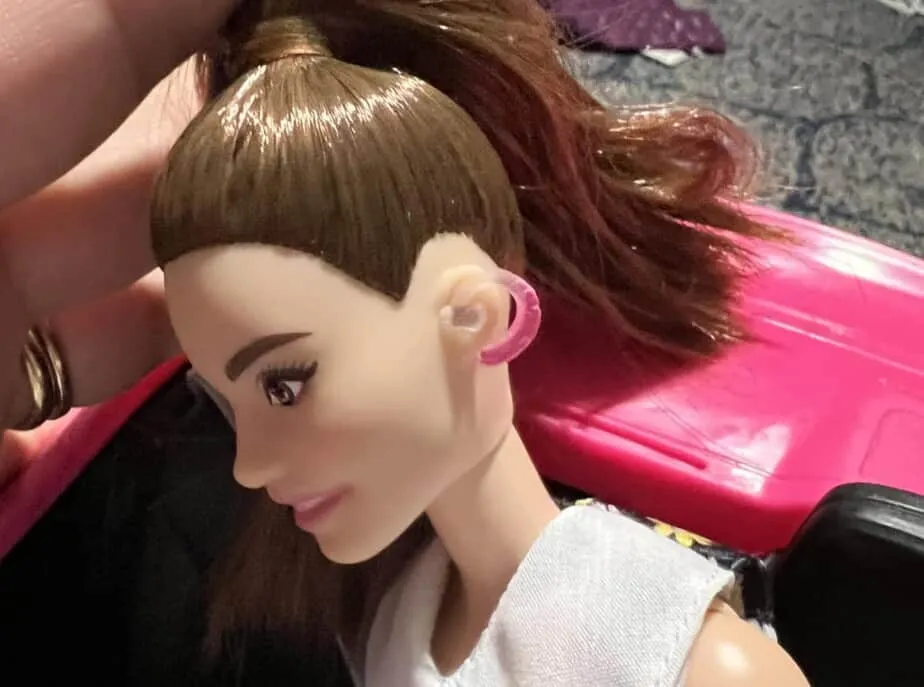Are you experiencing changes in your hearing or have recently received a hearing aid from someone else? Whether you inherited a device from a loved one or found a great deal on eBay or Facebook Marketplace, you might be wondering: Can this hearing aid be adjusted to match my hearing loss?
Yes, many hearing aids can be reprogrammed. If the device is a professionally programmable model, an audiologist can update the settings to suit your unique hearing profile. However, not all hearing devices are created equal. Personal Sound Amplification Products (PSAPs) often lack reprogrammability, while modern Over-the-Counter (OTC) and professionally fit hearing aids typically support full customization.
As an audiologist with over a decade of experience, I’ve reprogrammed thousands of hearing aids. This guide will walk you through which hearing aids can be reset, how the process works, what it costs, and what to watch out for.
Which Hearing Aids Can Be Reprogrammed?
Most hearing aids from major manufacturers are reprogrammable using proprietary software tools available to audiologists. These brands include:
- Starkey
- Phonak
- Unitron
- Oticon
- Signia (formerly Siemens)
- Rexton
- Bernafon
- Widex
- GN Resound

Private-label hearing aids from Costco, Sam’s Club, Beltone, or Miracle-Ear may use locked software, meaning you can only get them reprogrammed by the original provider. If you’re unsure about your model, ask a local audiologist or check the model number against ZipHearing’s comparison database.
If your device is more than 5 years old, it’s probably not worth the cost to reprogram. In that case, consider exploring modern hearing aid recommendations instead.
How Hearing Aids Are Reprogrammed for a New User
Before any reprogramming can occur, you’ll need a hearing test. An audiologist will use pure tone audiometry and speech testing to generate an audiogram, which outlines the specific thresholds of your hearing loss.
Using this audiogram, the audiologist will match the hearing aid to your prescription using manufacturer software. This includes setting volume levels, background noise suppression, and directionality preferences—all customized for your lifestyle and environment.

Reprogramming is rarely a one-and-done appointment. Expect a follow-up or two to fine-tune the settings. This process is called real-ear measurement (REM) verification, which ensures the hearing aid’s amplification matches your prescription in real life—not just on paper.
If visiting a clinic isn’t feasible, some OTC hearing aids offer in-app hearing tests and self-fitting algorithms as a budget-friendly alternative.
How Much Does Hearing Aid Reprogramming Cost?
The average cost of a hearing evaluation and reprogramming is between $250–$500, depending on your location and the audiologist’s expertise. Bundled pricing may include follow-up visits and cleanings. Some clinics offer unbundled pricing where services are charged separately.
Which Hearing Aid Styles Are Reprogrammable?
Nearly every style of hearing aid is reprogrammable, including:
- CIC (Completely-in-Canal)
- ITC (In-the-Canal)
- ITE (In-the-Ear)
- BTE (Behind-the-Ear)
- RIC (Receiver-in-Canal)

Custom-fit models may need to be recased, requiring a new ear mold impression and lab work—adding $300+ to the reprogramming fee. This can bring the total to over $600, so weigh your options carefully.

Sometimes it’s better to invest in a newer model with modern Bluetooth streaming and rechargeable batteries rather than repair and reprogram outdated devices.
How Often Should Hearing Aids Be Reprogrammed?
Reprogramming should be considered annually or after any significant change in hearing. Regular hearing tests can track your progression, and hearing aids should evolve with your needs—just like a pair of prescription glasses.

Also, check in with your audiologist if you’re noticing increased whistling, decreased clarity, or discomfort—these are signs your devices might need tweaking.
Should You Buy Used Hearing Aids Online?
Buying hearing aids from online marketplaces like eBay is risky. While it’s possible to find reprogrammable models, issues can arise with warranties, repairs, and manufacturer fraud.
Some sellers falsely report their devices as lost to receive replacements under warranty, leaving the buyer with unusable aids. If the manufacturer flags the serial number as replaced, they may refuse to repair or support the product.
Stick with reputable clinics, audiologists, or platforms like ZipHearing that verify authenticity and offer follow-up care.
Related Questions
Do Hearing Aids Need Multiple Adjustments? Yes. During the first 60 days, expect at least 2–3 visits to refine your settings. Learn more in our guide to hearing aid adjustments.
Can I Trade In My Old Hearing Aids? Rarely. Unless it’s during a trial period, most clinics can’t accept trade-ins due to FDA medical device regulations. Consider donating your hearing aids instead.
